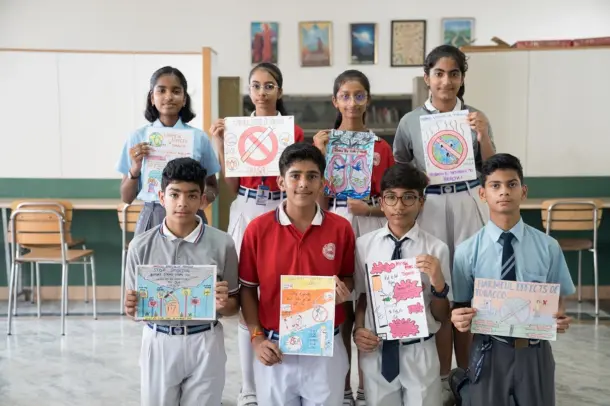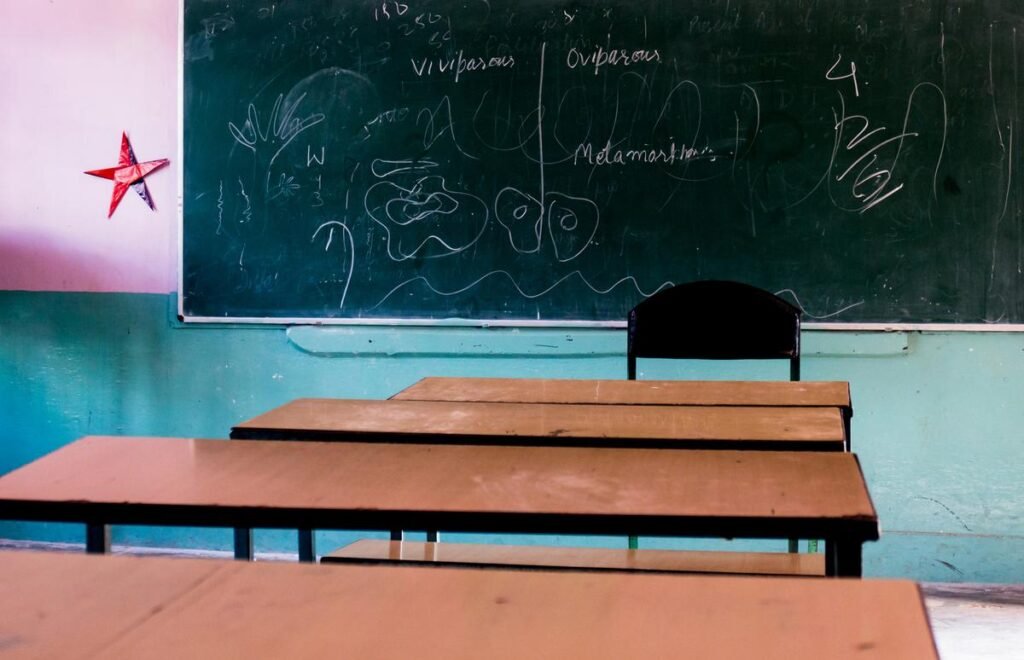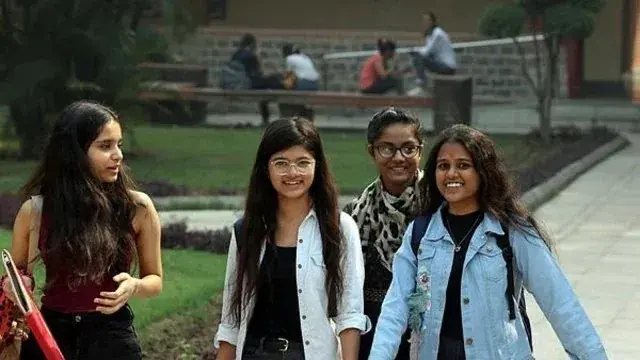CBSE, UNESCO Scale Up Health and Wellness Education to Impact 30,000 Schools Nationwide
In a significant step toward integrating holistic health education into India’s school system, CBSE, UNESCO, and NCERT are expanding their collaborative School Health and Wellness Programme (SHWP) to 30,000 CBSE-affiliated schools across the country. The initiative, which began under the Ayushman Bharat mission in 2020, aims to positively influence the lives of nearly 15 million students by promoting mental, emotional, and physical well-being. Building a Network of Master Trainers Throughout June and July 2025, over 290 school leaders—comprising principals, teachers, and administrators—from 22 states and five union territories participated in a comprehensive training workshop held in Delhi. These individuals will serve as master trainers, cascading their knowledge and tools to educators across India to deliver health and wellness content effectively. The training sessions emphasized early intervention and the importance of understanding students’ socio-emotional environments. Prof. Dinesh Prasad Saklani, Director of NCERT, stressed that many student challenges originate outside the classroom. With proper training, teachers can better identify these issues and respond with empathy and support. A Curriculum Rooted in NEP 2020 Values Speaking at the workshop, Anandrao V Patil, Additional Secretary in the Ministry of Education, underscored how wellness and inclusive education go hand in hand, echoing the core principles of the National Education Policy 2020. He described educators as catalysts of social change, pivotal in shaping compassionate and resilient individuals. UNESCO’s South Asia Director, Tim Curtis, reinforced the belief that health and education are deeply interconnected. “Every trained teacher and every wellness conversation is a step closer to learner-centered systems,” he said. Multilingual Learning Tools for Lifelong Impact To support the initiative, NCERT and UNESCO have co-developed a 24-hour wellness curriculum, featuring training modules, handbooks, animated videos, and comics. These resources focus on 11 essential wellness themes—including mental health, gender sensitivity, online safety, and reproductive health—and are available in English, Hindi, and nine regional languages to ensure wider accessibility. Since 2022, NCERT has conducted eleven intensive five-day workshops, resulting in 970 trained master trainers. These professionals are now instrumental in guiding teacher development across CBSE’s regional Centres of Excellence. To date, over 40,000 teachers have been trained through more than 750 workshops nationwide. Rather than treating health education as a supplementary activity, SHWP is helping schools embed wellness into the very fabric of everyday learning—redefining education as a means to nurture both the mind and the heart. Source: India Today
CBSE, UNESCO Scale Up Health and Wellness Education to Impact 30,000 Schools Nationwide Read More »



